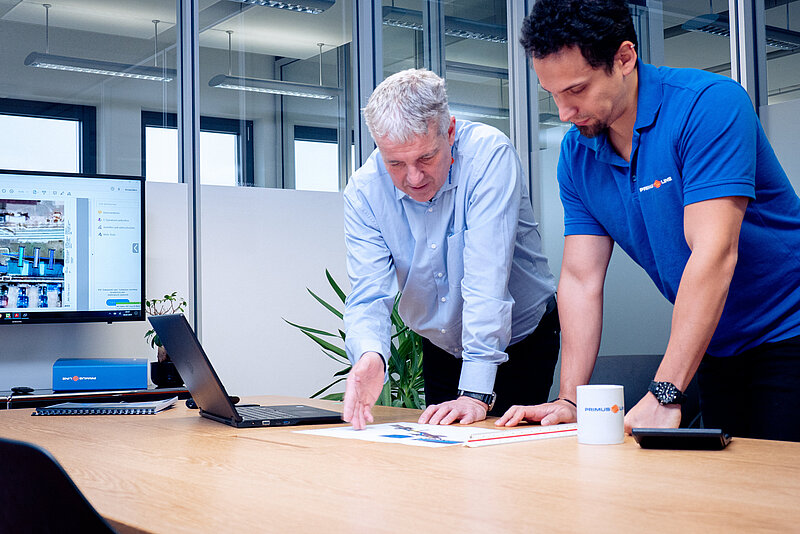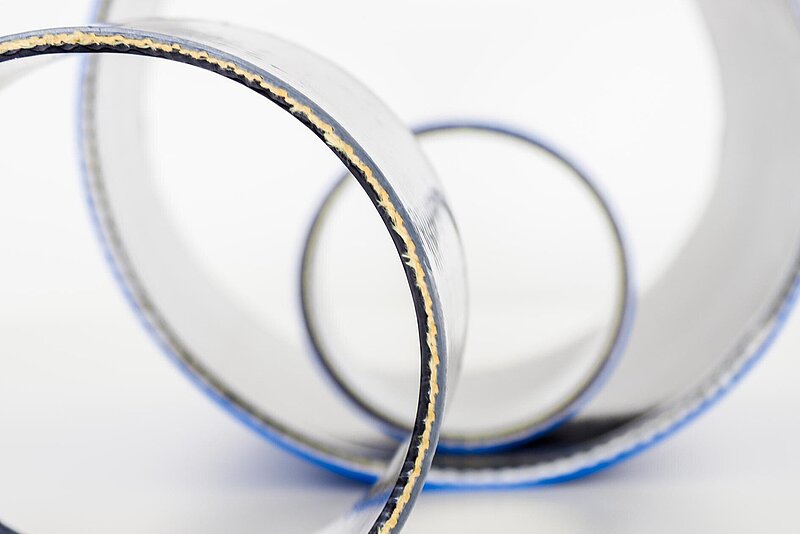As-is situation
The present Directive 077 already includes temporary surface pipelines (TSP) with, however, a use restricted to a specific number of days and to well testing. With the amendment, the Alberta Energy Regulator (AER) plans to extend and regulate the TSP application to the transport and use of alternative waters such as produced water and water-based flowback, mainly for oil and gas, but also mining operations. This will reduce the amount of high-quality water for such purpose and thus conserve valuable resources.
Up to now, industries have used permanent underground pipelines to transport water for long-term needs. But these pipelines are expensive and can cause significant ground disturbance, for example due to opening trenches during installation or leaks caused by untight connections. When the underground pipes are no longer needed, they must undergo intensive abandonment procedures to restore the environment. This will even become mandatory for all new temporary pipelines to be constructed.




